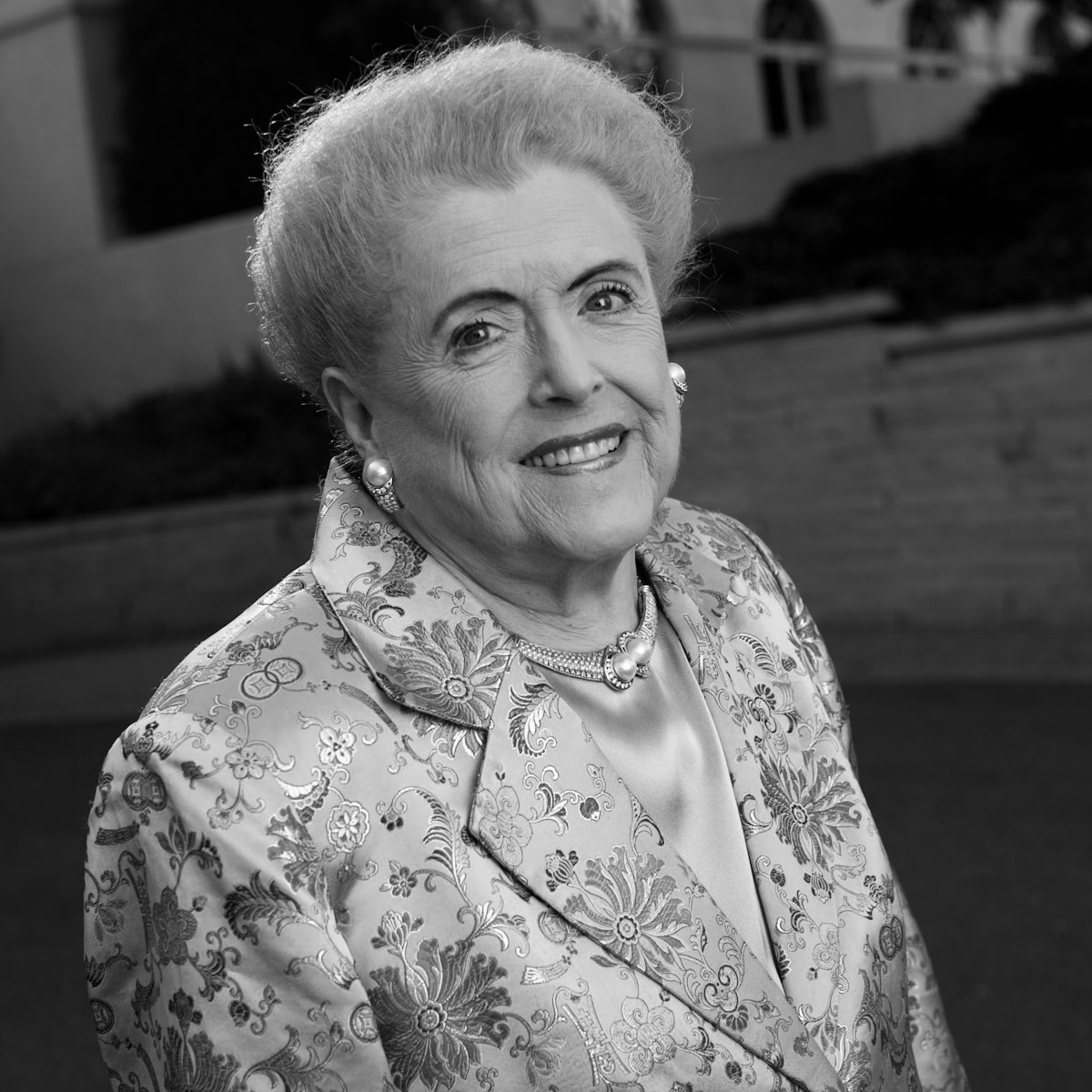Middleton Fellow (legacy level—no longer open to new members)
 William S. Middleton (1890–1975)
William S. Middleton (1890–1975)
The vigor, zeal, and forthright optimism with which Middleton approached every problem made him one of the most popular and venerated deans of the University of Wisconsin School of Medicine and Public Health.
Bardeen Fellow (25,000–$49,999)
 Charles R. Bardeen (1871–1935)
Charles R. Bardeen (1871–1935)
Founding dean of the School of Medicine and Public Health, Bardeen established the two-year, then four-year, UW School of Medicine and Public Health (then called UW Medical School) and its nationally respected Preceptorship Program during his 28-year tenure.
McPherson Fellow ($50,000–$99,999)
 Alice R. McPherson (1926–2023)
Alice R. McPherson (1926–2023)
World-renowned retina specialist McPherson founded two leading vision research institutions – the Houston-based Retina Research Foundation and the McPherson Eye Research Institute at the University of Wisconsin.
Bamforth Fellow ($100,000–$499,999)
 Betty J. Bamforth (1923–2001)
Betty J. Bamforth (1923–2001)
A woman who achieved several firsts in her career — including service as the first female chair of the Department of Anesthesiology — Bamforth was known internationally for her writing and lecturing about the history of anesthesiology.
Temin Fellow ($500,000–$999,999)
 Howard M. Temin (1934–1994)
Howard M. Temin (1934–1994)
Awarded the Nobel Prize in 1975 with David Baltimore, Temin discovered reverse transcriptase (independently discovered by Baltimore at the Massachusetts Institute of Technology) and its role in the life cycle of retroviruses.
Farrell Fellow ($1 Million–$2.49 Million)
 Philip M. Farrell PG’72
Philip M. Farrell PG’72
Known as an organizer, a communicator, a motivator, and a builder, Farrell brought energy and a collaborative spirit to his decade as dean. His goal to promote health in Wisconsin communities inspired the school’s change in mission and name to the School of Medicine and Public Health.
Schilling Fellow ($2.5 Million and Above)
 Robert Schilling MD’43, PG’48 (1919–2014)
Robert Schilling MD’43, PG’48 (1919–2014)
Best known for his research on vitamin B12, he developed the Schilling test for pernicious anemia and was recognized for his longitudinal studies of families with hereditary spherocytosis.
Join the Middleton Society
Membership in the Middleton Society begins at $25,000 in cumulative household giving to any area in the University of Wisconsin School of Medicine and Public Health, entered via a one-time gift, a signed pledge, or a documented estate gift. If you are interested in joining the Middleton Society and would like to discuss your gift and how you would like to direct it, please contact Jill Watson.
